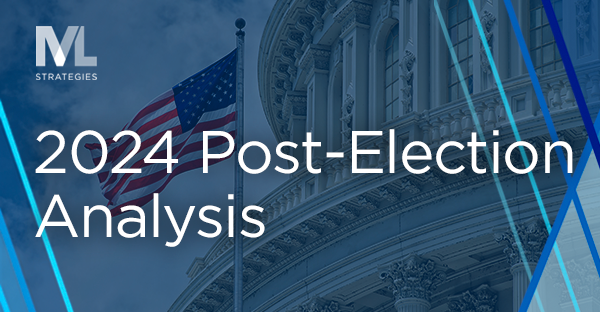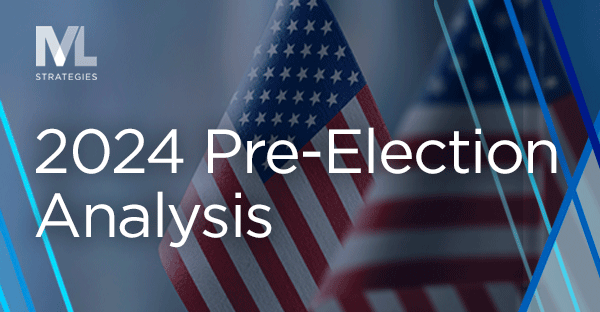
Alexander Hecht
Executive Vice President & Director of Operations
+1.202.434.7333
Alex Hecht, Executive Vice President & Director of Operations at ML Strategies in Washington, DC, is a trusted attorney and policy strategist with over 20 years of experience shaping federal legislation and regulation. Drawing on deep relationships within Congress, federal agencies, and trade associations, he represents clients across a broad range of industries on how to navigate complex policy environments.
Alex’s strategic insight and hands-on experience in both legislative and regulatory arenas empower clients to advance their priorities with clarity and confidence in an evolving policy landscape. Alex assists clients with their legislative and regulatory needs on a wide range of issues, including health care, technology, cybersecurity & privacy, energy, and federal procurement. He specializes in assisting businesses off all sizes, with a focus on early- to mid-size small businesses. He is an expert on small business access to capital and also federal non-dilutive funding programs, including the Small Business Innovation Research (SBIR) and Small Business Technology Transfer (STTR) programs.
Prior to joining ML Strategies, Alex served for more than ten years in senior roles on Capitol Hill and in industry groups, including as Chief Counsel to then Senator Olympia J. Snowe (R-ME) on the Senate Committee on Small Business & Entrepreneurship. In that role, he led legislative efforts on health care, ERISA, tax incentives, and regulatory reform, contributing to landmark legislation such as the Affordable Care Act and the SHOP Act. He also worked closely with the Senate Commerce, Finance, and Homeland Security Committees, and developed legislation to reduce regulatory burdens on business. Alex has previously held legal and policy roles at the National Multi Housing Council and the Maryland Office of the Attorney General. A former freelance journalist who was published in Texas Monthly magazine, Alex was also the chief articles editor for the Houston Journal of Health Law & Policy at the University of Houston Law Center.
Alex, alongside other members of the ML Strategies team, contributes to a recurring thought leadership series, AI: The Washington Report, which offers insights and analysis on federal policy developments, legislative trends, and regulatory actions related to artificial intelligence.
Education
- George Washington University (LLM)
- University of Houston Law Center (JD)
- University of Texas - Austin (BA)
Recognition & Awards
JD Supra Readers’ Choice Award, Top Author – Artificial Intelligence, 2025
JD Supra Readers' Choice Awards: a Top Author on the Affordable Care Act (2016)
Champion of Small Business Innovation: "For Exemplary work on behalf of America's SBIR Community" - Presented by Small Business Technology Council and National Small Business Association (2012)
The Council for Excellence in Government: Cutting the Red Tape Excellence Award







